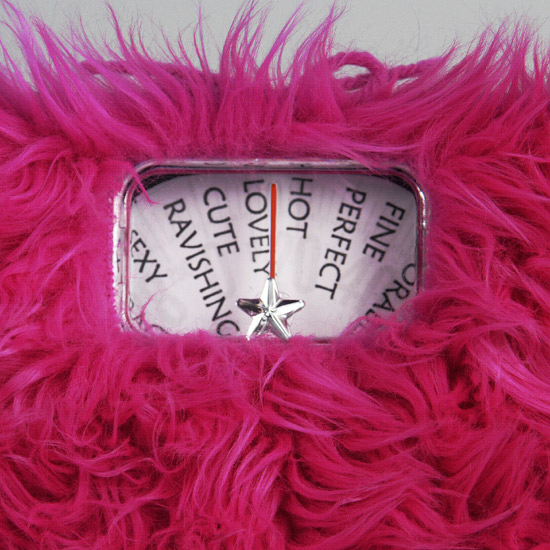Join the Club!
Fill out the contact form below and we’ll get you a free exercise tracker!

Let me be clear. I think people should learn to love their bodies, full stop. I don’t think they have to wait until they lose ten pounds to love their bodies. And I CERTAINLY don’t think they should “love their bodies enough” to lose ten pounds. If you want to lose ten pounds and you can safely lose ten pounds and it makes you happy then you should go for it. I mean, it’s your body and you should do whatever you think is best. But let me be clear. I don’t think body love means fixing up your body in a way that is more socially acceptable and then grudgingly deciding it’s okay. And I don’t think insisting that other women do to their bodies exactly what you chose to do to your body in order to learn to love their bodies is okay either. I think body love means being grateful and happy for your body the way it is right now.
Let me be clear about another thing. Loving your body isn’t always easy. We are surrounded by images and toys and directives and advertising that convinces us that we can only love our bodies after certain conditions are met. We are told we can love our bodies after we get rid of stretch marks and cellulite and age spots and wrinkles and back fat and rolls and achieve a perfect thigh gap. In fact we are encouraged to love our bodies ENOUGH to spend the gobs of money and time purchasing creams and potions and pills and exercise torture devices and DVDs and costly and painful medical procedures to ensure that our body no longer has cellulite or wrinkles or stretch marks or age marks or chubby thighs and is finally, eventually (for the moment) acceptable.
And loving our bodies isn’t always easy, because as we age, our bodies change. We sag in places we didn’t. Strange marks appear on our skin. Our bodies are sometimes less able to do things they could before. We have to pee all. the. time. And sometimes we get sick. And if we get sick, there are plenty of people including medical professionals, large multinational companies, friends, families and complete strangers eager to tell us that if we had only tried their procedure or exercise or potion or pill or program or cleanse we wouldn’t have gotten sick in the first place. They tell us if we had loved our bodies enough to fix our bodies the way they said we should, everything would have been okay. So sometimes it’s hard to love our bodies.
Body love can be a rewarding but often frustrating and deeply confusing process. That’s why I get so angry about companies and experts that are taking the “body love” theme and turning it into a tool to sell their “body improvement” messages, products and other crap. Because that ish is NOT OKAY. If you want to sell body improvement. Sell that. Sell the heck out of it. But don’t make body acceptance conditional on the thing or the process or the potion or pill or exercise torture device or major surgery you are selling and then call it body love.
There have been some striking examples of this in the past. One that immediately comes to mind is Kellogg’s and Marilyn Wann. You see, my dear friend Marilyn Wann came up with this amazing idea. She makes bathroom scales that say positive words like “sexy” or “beautiful” instead of numbers. Go to about 1 minute in to the video below to see what I mean.
[youtube https://www.youtube.com/watch?v=9kIhXh41ukI?rel=0]
Now a while after Marilyn’s wonderful Yay! Scale was released for sale, Kellogg’s released a scale that looked pretty darn similar. What’s wrong with that? Well aside from the fact they seem to have “borrowed” an idea from an inventor without giving credit or compensation, they were using their scale to promote the idea that you should replace meals with cereal in order to lose weight. And the promotion around the new scales had the tagline, “What will you gain when you lose?”. Check it out in the video below:
[youtube https://www.youtube.com/watch?v=vanZeOxjfrE?rel=0]This strongly implies that those words on the scale will apply to your body only after you lose weight using their products. You see the difference between the two messages?
Look, I don’t think loving your body means that you stop doing things to care for your body. I don’t think loving your body means you can’t change anything about your body. But I don’t think body acceptance should be conditional on those things. It’s the difference between “I’ll love my body after I”, or “I love my body enough to change it” and “I love my body. Oh and I’ll do this too.” It’s subtle, but it’s important.
It’s important because we are seeing other companies and special interest groups using the power of the body love movement to dress up body improvement products and schemes. And that’s not only confusing, but dishonest and wrong.
Love,
Jeanette DePatie (AKA The Fat Chick)